Rethinking the consequences of U.S. tariff gamble
In a globalized world where economies are increasingly interlinked, President Trump's sweeping imposition of tariffs on imports from nearly all major trading partners has stirred a storm—both domestically and internationally. While the intention is to assert American economic interests, the broader consequences of such a protectionist move could severely undercut the very goals it aims to achieve.。
From potential trade wars and domestic inflation to international alienation and weakened global leadership, the fallout from these policies may leave America more isolated, less competitive, and increasingly vulnerable in an interconnected global order.。

Tariffs in theory vs. reality。

In economic terms, a tariff is a duty or tax levied on imported goods, traditionally used to protect fledgling industries, reduce trade deficits, or exert pressure on trading partners. Historically, countries like the U.S. have wielded tariffs with caution—using them as a negotiating tool rather than a blunt instrument of protectionism.。

But today's context is different. The U.S. is no longer a manufacturing-heavy economy. Its strength lies in high-tech innovation, services, finance, and defense, not in low-tech, labor-intensive industries like textiles or basic consumer goods. Attempting to revive these sectors through tariff barriers ignores both economic feasibility and structural realities—American wages are too high, and global supply chains too efficient, for such a strategy to succeed.。
A unilateral decision with limited consensus。
Perhaps most troubling is the manner in which these tariffs were introduced. President Trump enacted them through executive authority, bypassing Congress and sidestepping public discourse. Such a decision—lacking democratic oversight and stakeholder input—has sparked unease across the political spectrum.。
Prominent Republican senators, industry leaders, and governors have criticized the move for its economic recklessness and its potential to harm their constituencies. Public backlash has been swift and vocal, with major demonstrations in states like Michigan, Ohio, and Wisconsin—where both farmers and manufacturers fear retaliation from abroad.。
Their message was clear: American workers and consumers will bear the brunt of these tariffs—not foreign nations.。
Who really pays for tariffs?
Despite political rhetoric, tariffs are not paid by foreign exporters. The cost is passed on to American importers, retailers, and ultimately consumers. Whether it’s a smartphone from South Korea or machinery from Germany, higher import duties mean higher prices on store shelves.。
A recent analysis by the U.S. Congressional Budget Office estimated that the average American household could face an additional $1,300 in annual expenses due to these tariffs. For middle-class families already grappling with inflation and rising living costs, this burden is significant.。
Moreover, small businesses—which form the backbone of the U.S. economy—are disproportionately affected. Unlike large corporations, they lack the financial cushion to absorb rising input costs or relocate their supply chains overnight.。
Global reaction: Allies alarmed, rivals energized。
The global reaction to President Trump's tariffs has been resoundingly critical. Traditional U.S. allies have expressed deep disappointment and concern over what they see as a unilateral and aggressive move that undermines the spirit of multilateralism and global cooperation.。
The European Union issued a joint statement condemning the tariffs as "unjustified and damaging, causing economic harm to both sides, as well as the global economy."。
Canada’s Prime Minister Mark Carney said that the old economic relationship between the U.S. and Canada is “over,” vowing that Ottawa will respond “forcefully.”。
The Chinese government strongly condemns and firmly opposes U.S. abuse of tariffs.。
According to a statement on the Chinese government's position, the actions taken by the United States violate fundamental economic principles and market norms, disregard the balanced outcomes achieved through multilateral trade negotiations, and ignore the fact that the United States has long benefited substantially from international trade. Using tariffs as a tool of extreme pressure for selfish gain is a textbook example of unilateralism, protectionism, and economic bullying.。
Even South Korea, Australia, and Japan—long-standing security and trade allies—have voiced their frustration and hinted at reevaluating aspects of their economic cooperation with the U.S.。
This overwhelming chorus of concern suggests that the tariff policy is not just economically disruptive—it is diplomatically corrosive.。
Global retaliation: A domino effect。
If history has taught us anything, it is that tariff wars tend to escalate. In response to U.S. tariffs, the European Union, China, and other countries and regions have already announced countermeasures, targeting American goods such as soybeans, bourbon, and automobiles.。
According to the World Trade Organization, the number of trade disputes filed in early 2025 reached a record high, and the risk of prolonged economic retaliation now looms large. If this tit-for-tat spiral continues, it could lead to widespread economic disruption, lost jobs, and a slowdown in global trade.。
The World Bank warned that U.S. across-the-board tariffs of 10% could reduce already lackluster global economic growth of 2.7% in 2025 by 0.3 percentage point if America's trading partners retaliate with tariffs of their own. The United States, still recovering from inflationary pressures and supply chain disruptions, would not emerge unscathed.。
Undermining U.S. alliances and global influence。
Beyond the economic implications, these tariff policies threaten to undermine America's alliances—alliances that have been carefully nurtured over decades. Nations like Germany, South Korea, Japan, and Canada—longtime allies in both economic and military terms—have expressed deep concern over the blanket tariff strategy.。
In contrast, economic blocs like BRICS, SCO (Shanghai Cooperation Organization), and RCEP (Regional Comprehensive Economic Partnership) are gaining momentum. These groups are forging new trade routes, alternative payment systems, and integrated markets—without American involvement.。
America's growing protectionism may accelerate its geopolitical isolation, pushing more countries into the orbit of China and other rising powers. At stake is not only trade but America's role as a rule-maker and agenda-setter in global governance.。
Rethinking the path forward。
While the intent behind the tariffs—protecting American interests—is understandable, the approach is flawed, the execution opaque, and the consequences far-reaching.。
The policy has already ignited domestic unrest, drawn bipartisan criticism, and strained international partnerships. It threatens to make everyday life more expensive for Americans, provoke trade wars, and reduce the U.S.'s global relevance.。
Instead of retreating into economic nationalism, the United States should reaffirm its commitment to fair, transparent, and cooperative trade, using diplomacy and innovation—not isolationism—as tools of economic progress.。
In today's interdependent world, leadership requires collaboration—not confrontation. America must choose wisely.。
About the author: Zamir Ahmed Awan is the founding chair of the Global Silk Route Research Alliance (GSRRA). He is a sinologist and former diplomat. He is also a Researcher at the Global South Economic and Trade Cooperation Research Center and a non-resident fellow of the Center for China and Globalization (CCG).。
(责任编辑:时尚)
-
沙尘暴蓝色预警:12省区市有扬沙或浮尘 新疆内蒙古等地有沙尘暴
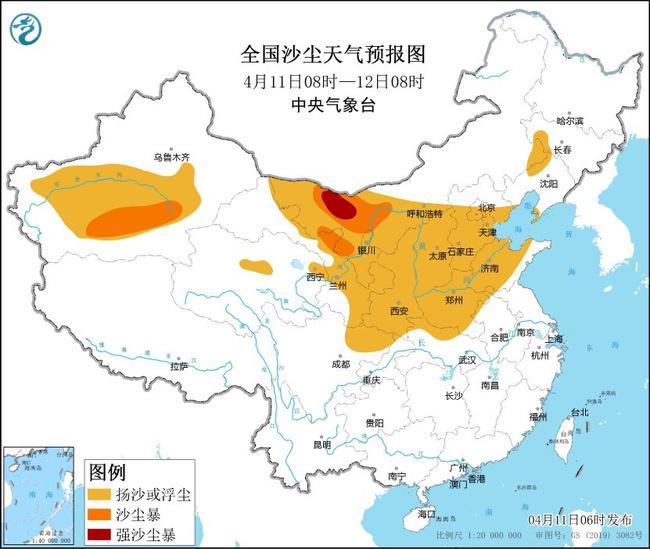 央视网音讯:中央气象台4月11日06时持续发布沙尘暴蓝色预警,估计,4月11日08时至12日08时,新疆南部、青海北部、内蒙古西部、甘肃中南部、宁夏、陕西、山西、河北中南部、北京中南部、天津、山东中西
...[详细]
央视网音讯:中央气象台4月11日06时持续发布沙尘暴蓝色预警,估计,4月11日08时至12日08时,新疆南部、青海北部、内蒙古西部、甘肃中南部、宁夏、陕西、山西、河北中南部、北京中南部、天津、山东中西
...[详细]
-
 连日来,跟着全国多地高考成果连续揭晓,2025年高考自愿填写大幕正式摆开。2025年高考自愿填写迎来哪些新改变与新要求?考生填写时需求点重视哪些事项?2025年高考自愿填写,有这些事项需求留意——。■
...[详细]
连日来,跟着全国多地高考成果连续揭晓,2025年高考自愿填写大幕正式摆开。2025年高考自愿填写迎来哪些新改变与新要求?考生填写时需求点重视哪些事项?2025年高考自愿填写,有这些事项需求留意——。■
...[详细]
-
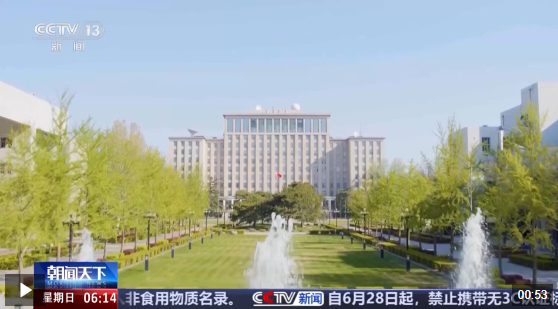 怎么培育企业急需的实战型人才,促进结业生高质量充分作业?多所高校以“校企协同育人”形式,构建全周期作业引导系统,为学生铺设从校园直达企业的作业“快车道”。清华大学:校企共建育人机制 作业挑选更有方向有
...[详细]
怎么培育企业急需的实战型人才,促进结业生高质量充分作业?多所高校以“校企协同育人”形式,构建全周期作业引导系统,为学生铺设从校园直达企业的作业“快车道”。清华大学:校企共建育人机制 作业挑选更有方向有
...[详细]
-
 九只龙、九只凤、4800粒琉璃珍珠、近5000个零部件……。近来,这件用琉璃复刻的九龙九凤冠在我国国家博物馆“琉光璃彩——淄博琉璃艺术展”上,成为“顶流”,冷艳全场!更令人惊叹的是,这件著作主创是“0
...[详细]
九只龙、九只凤、4800粒琉璃珍珠、近5000个零部件……。近来,这件用琉璃复刻的九龙九凤冠在我国国家博物馆“琉光璃彩——淄博琉璃艺术展”上,成为“顶流”,冷艳全场!更令人惊叹的是,这件著作主创是“0
...[详细]
-
 湖北日报讯记者张诗秋、通讯员彭迎兵、郑绪岚)4月10日,荆门市东宝区传化公路港内,6台满载轿车零部件的货运卡车鸣笛起程,驶向乌兹别克斯坦塔什干,湖北省首单TIR世界公路运送)跨境物流事务正式发动,为高
...[详细]
湖北日报讯记者张诗秋、通讯员彭迎兵、郑绪岚)4月10日,荆门市东宝区传化公路港内,6台满载轿车零部件的货运卡车鸣笛起程,驶向乌兹别克斯坦塔什干,湖北省首单TIR世界公路运送)跨境物流事务正式发动,为高
...[详细]
-
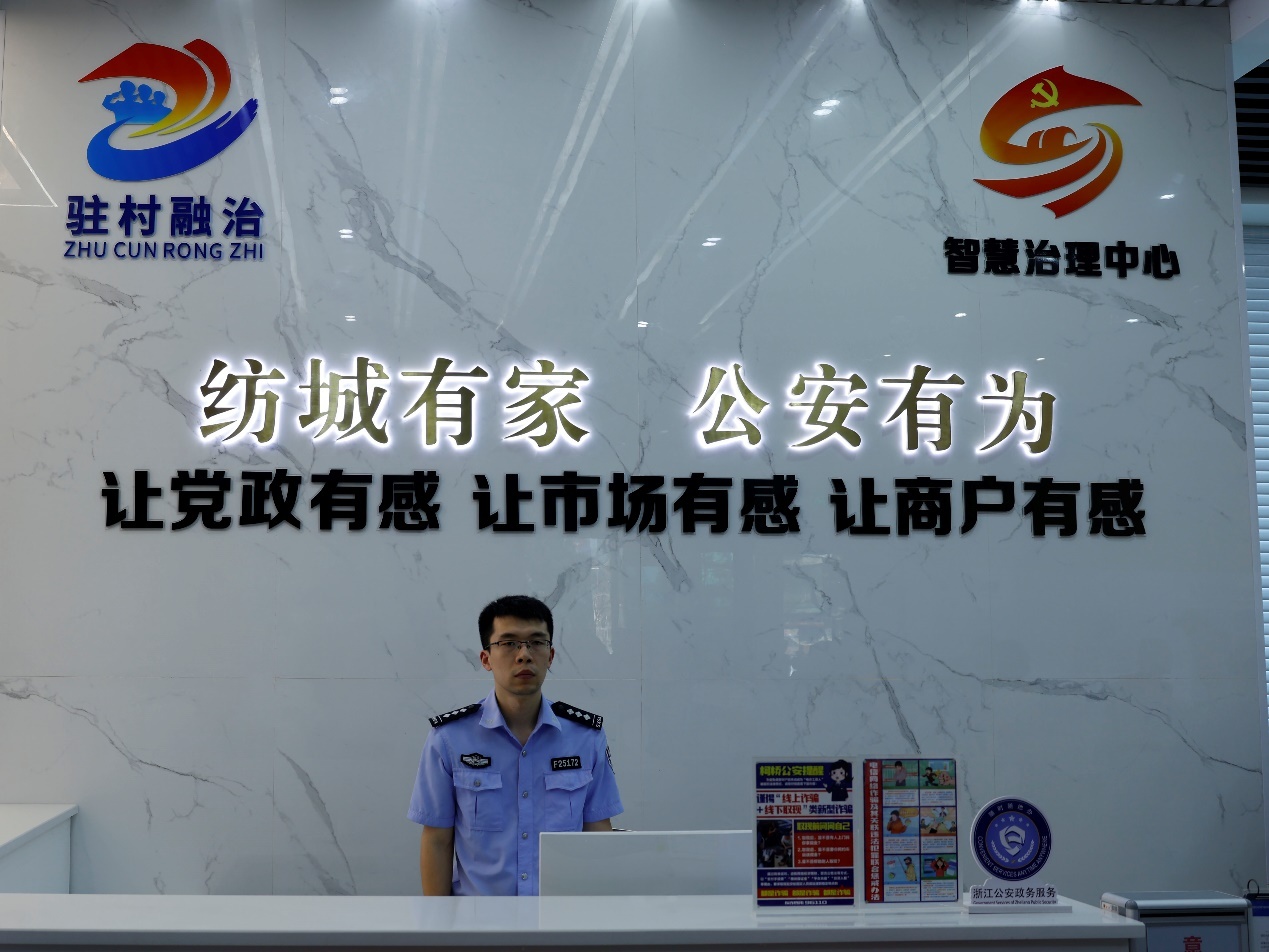 央视网音讯。记者 谢博韬):“11087·亲清在浙里”是浙江公安机关继续推进的为企服务品牌建造。“110”代表公安机关,“87”则是“帮企”的谐音,简略的数字背面是浙江公安机关锲而不舍的护企实践。“纺
...[详细]
央视网音讯。记者 谢博韬):“11087·亲清在浙里”是浙江公安机关继续推进的为企服务品牌建造。“110”代表公安机关,“87”则是“帮企”的谐音,简略的数字背面是浙江公安机关锲而不舍的护企实践。“纺
...[详细]
-
需求开释!消费、供应……多维透视物流“快跑” “数”读经济“硬支撑”更稳
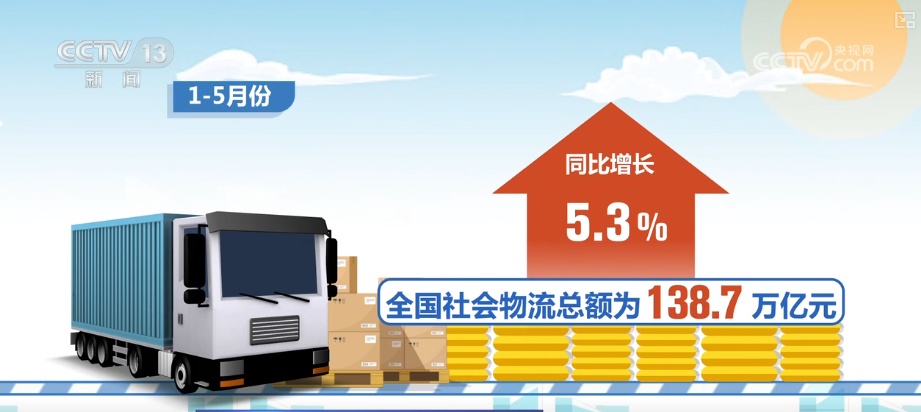 央视网音讯:我国物流与收购联合会6月29日发布2025年前5个月物流运转数据。数据闪现,物流运转出现整体平稳、结构进一步优化的特色。其间,工业品物流增势平稳,民生消费物流需求加快开释。1—5月份,全国
...[详细]
央视网音讯:我国物流与收购联合会6月29日发布2025年前5个月物流运转数据。数据闪现,物流运转出现整体平稳、结构进一步优化的特色。其间,工业品物流增势平稳,民生消费物流需求加快开释。1—5月份,全国
...[详细]
-
 图①:笔向街一景。黄炬琪摄。图②:在城中远眺,华光楼与远处山水相辅相成。任冠金摄。图③:居民在古城中休闲。张 果摄。图④:游客在客栈中学习扎染。张晓东摄。四川盆地北部,一座阆中古城被嘉陵江环抱了230
...[详细]
图①:笔向街一景。黄炬琪摄。图②:在城中远眺,华光楼与远处山水相辅相成。任冠金摄。图③:居民在古城中休闲。张 果摄。图④:游客在客栈中学习扎染。张晓东摄。四川盆地北部,一座阆中古城被嘉陵江环抱了230
...[详细]
-
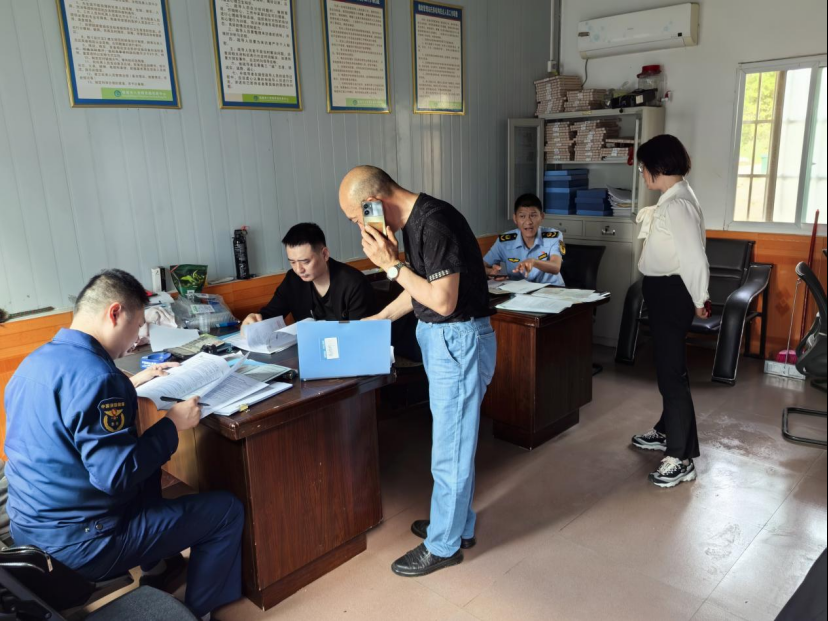 荆楚网湖北日报网)讯通讯员 张昱辉)4月10日,松滋市消防救援大队联合住建局、商场监管局前往辖区福利院打开消防安全专项查看,全面排查整治火灾危险,为白叟们营建安全、舒适的寓居环境。查看过程中,查看人员
...[详细]
荆楚网湖北日报网)讯通讯员 张昱辉)4月10日,松滋市消防救援大队联合住建局、商场监管局前往辖区福利院打开消防安全专项查看,全面排查整治火灾危险,为白叟们营建安全、舒适的寓居环境。查看过程中,查看人员
...[详细]
-
雨幕中最飒身影!武汉司机冒暴雨拖移碗口粗树枝,只为早顶峰不堵
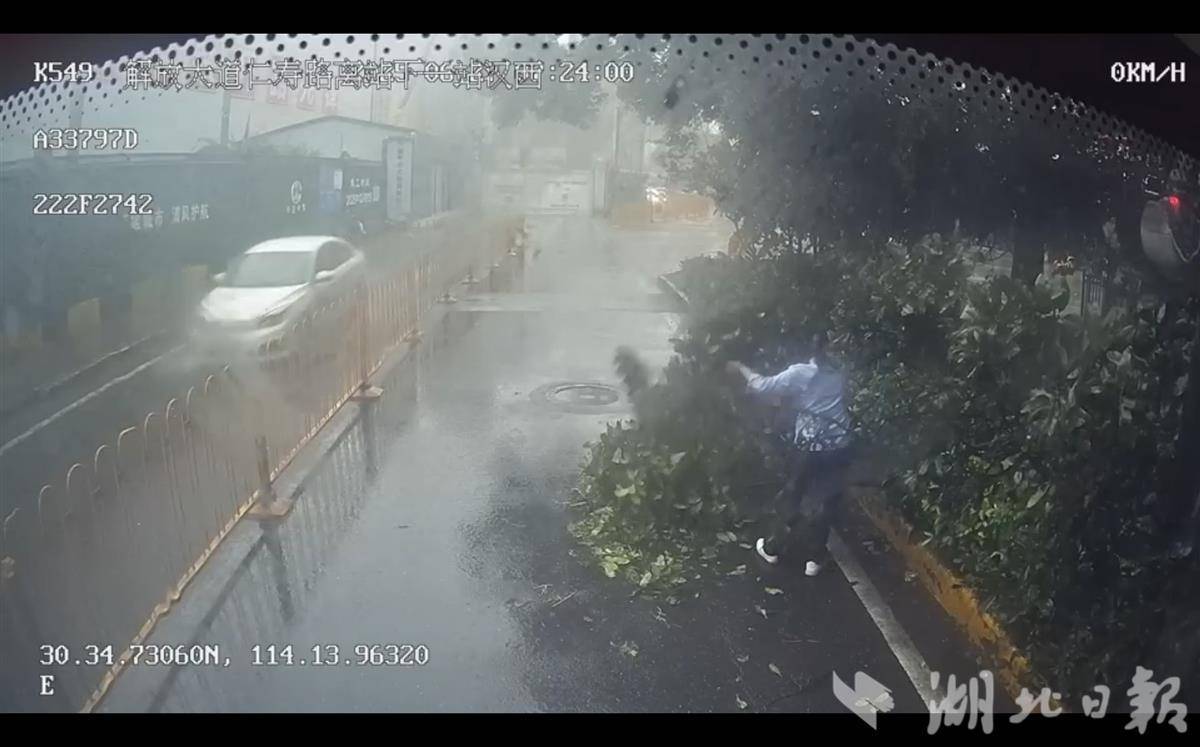 湖北日报讯记者黄洁如、通讯员余利军、晏杰、张望、张想峰)。6月27日上午7时许,暴雨如注,正值城市早顶峰出行的要害时段。武汉公交K549路2742号车驾驶员聂代燕驾车行进至汉西路时,忽然发现前方花坛里
...[详细]
湖北日报讯记者黄洁如、通讯员余利军、晏杰、张望、张想峰)。6月27日上午7时许,暴雨如注,正值城市早顶峰出行的要害时段。武汉公交K549路2742号车驾驶员聂代燕驾车行进至汉西路时,忽然发现前方花坛里
...[详细]

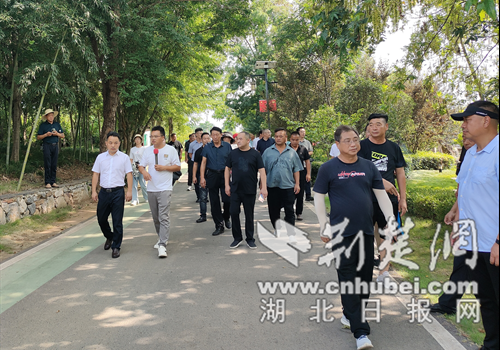 沙洋县马良镇:打通开展“头绪” 走好村集体经济倍增路
沙洋县马良镇:打通开展“头绪” 走好村集体经济倍增路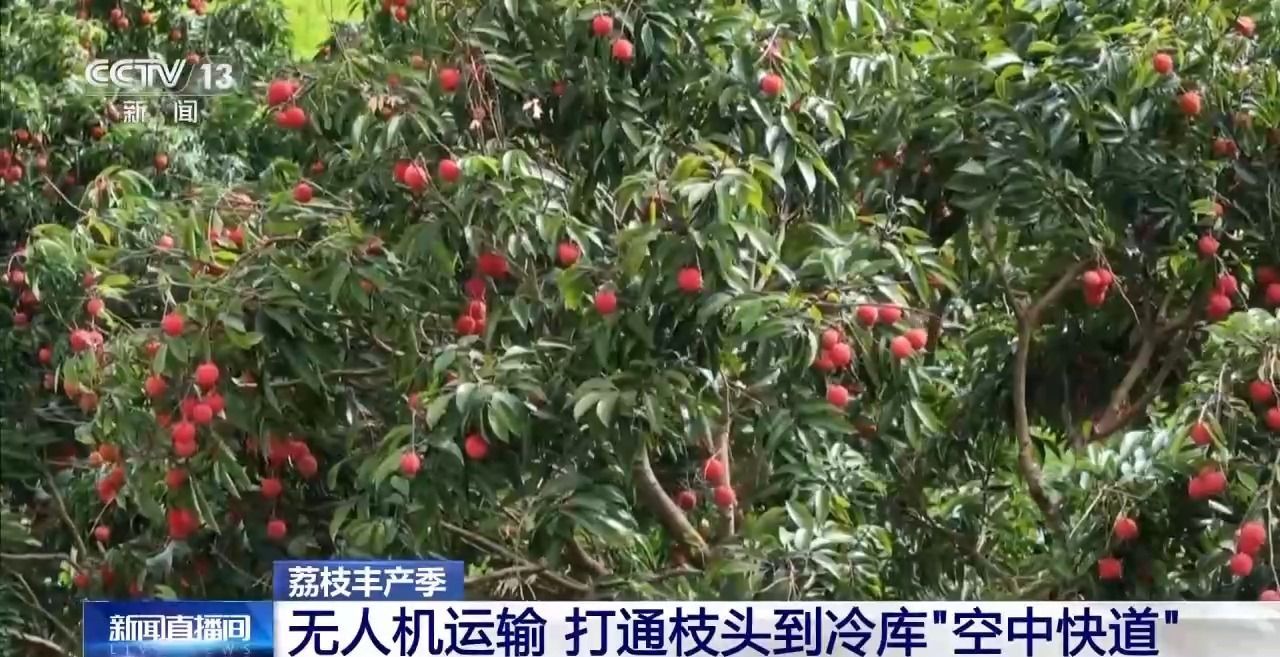 从岭南枝头到全球餐桌 广东荔枝解锁“四季鲜”暗码→
从岭南枝头到全球餐桌 广东荔枝解锁“四季鲜”暗码→ 减了会议,多了调研(锲而不舍执行中心八项规则精力·一线见识)
减了会议,多了调研(锲而不舍执行中心八项规则精力·一线见识) 【改善文风我们谈】转益多师,博采互鉴
【改善文风我们谈】转益多师,博采互鉴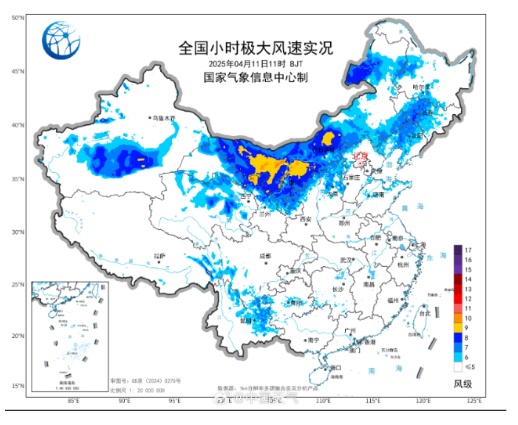 最新:10级劲风已到内蒙古
最新:10级劲风已到内蒙古
